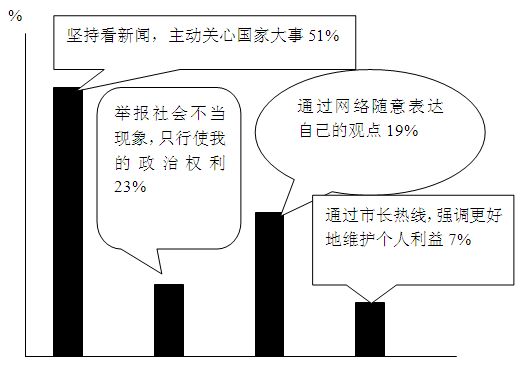Modern Japan, despite its ready adoption of Western manners, is in things theatrical still faithful to the ancient feudal day. It is true that within the last few years, the old school drama has to some extent lost ground, and quite recently performances of Shakespeare’s Othello and Hamlet, and Daudet’s Sappho have been received with favor by Tokyo audiences.
The explanation of this curious survival of the old form of play, at a time when all Japan is eagerly imitating the foreigner, is undoubtedly to be found in the peculiar customs of the country. The progressive Japanese finds it easier to change his mode of dress than to reform habits bred in the bone. The old plays, lasting, as they formerly did, from early morning until nearly midnight, just suited the Japanese play-goer, who, when he does go to the theatre, makes an all-day affair of it. Indeed, theatre-going in Japan is a very serious matter, and not to be entered upon lightly or without due preparation. Recently Sada Yoko and Oto Kawakami, who learned a good deal in their foreign travels, introduced the comparatively short evening performance of three or four hours, an innovation which was at once welcomed by the better class of people. But the new arrangement found little favor with the general public, and particular indignation was aroused in the bosom of the Japanese Matinee Girl who loves to sit in the theatre as long as possible and weep over the play. For, to the young gentlewoman, the theatre is essentially the place for weeping. Japanese girls are extremely sentimental, and a play without tear-provoking situations would not appeal to them in the least.
The Japanese women are passionately devoted to the drama. It is usual for a party to book a box through a tea house connected with the theatre and at the same time make arrangements for what refreshments they wish served. The Japanese maiden makes the most elaborate preparations days beforehand. To be at the theatre on time, playgoers must rise with the sun, and all their meals, including breakfast, are eaten in the tiny box in the playhouse. It is not an easy task to reach one’s seats and once the family has settled down, nothing but a catastrophe would induce it to leave its box. The women chew candy and the men freely drink sake as the play goes on.
The peculiar custom of Japan is ().
A. making progressive changes in life
B. enjoying dressing in the latest fashion
C. spending all day watching a drama
D. wearing formal clothes at the theatre
参考答案:C
解析:
考查日本有个怎样的奇怪传统。根据文中“The old plays,lasting,as they formerly did,from early morning until nearly midnight,just suited the Japanese play-goer,who,when he does go to the theatre,makes an all-day affair of it.”可知日本人有一动不动地坐着看一整天戏的奇怪传统,因此本题选C。

